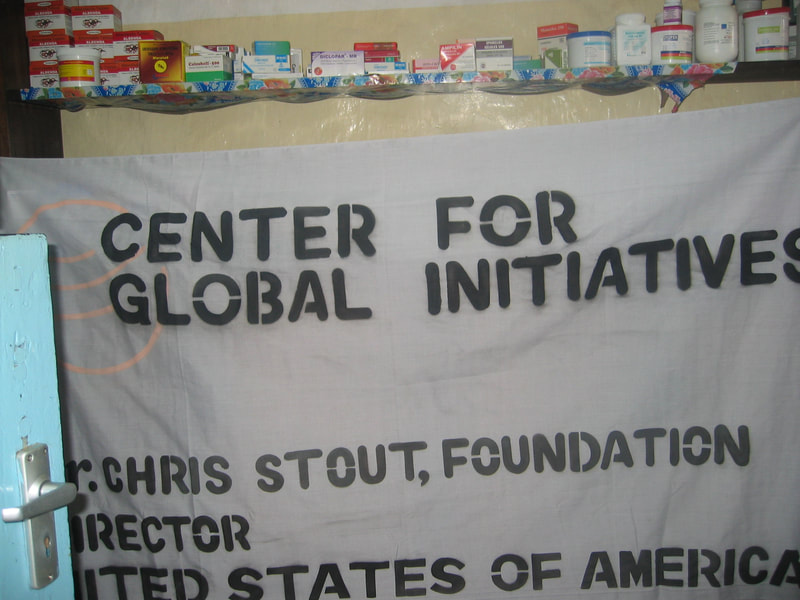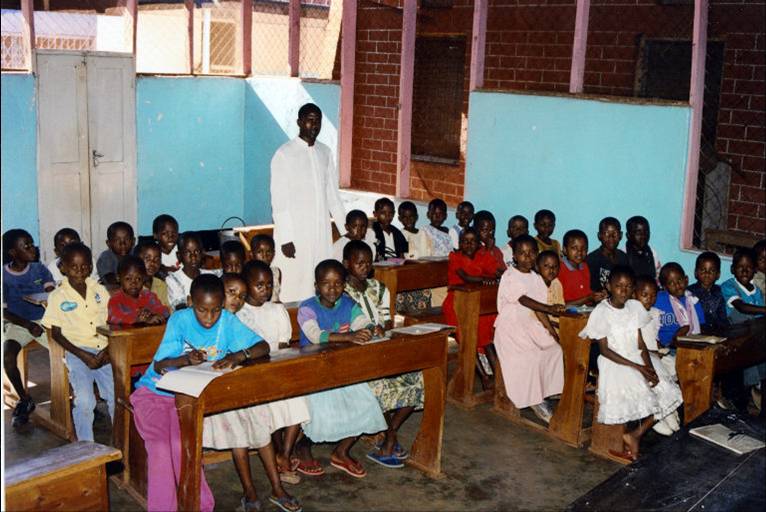Projects & Partners
Come join us
|
I have learned that a little can do so much.
|
|
THRIVE: Tanzanian Health & Resilience Initiative Valuing Education
The kindergarten we helped to found in 2005 is expanding its scope via THRIVE. We are using education as a basis for developing resilience of the orphans as well as those providing healthcare in the neighboring clinic/hospital. We will be developing programs for local nursing students and orphan children in collaboration with local doctors, nurses, and staff. We will have a particular focus on counseling to people with HIV infection and AIDS. We will be in Moshi. The ages of children are between 3 to 12 years. The name of the hospital is Huruma Designated Hospital and is in Kilimanjaro Region in Rombo District. The primary illnesses of patients in our hospital are Malaria, T.B, Pneumonia, Immunosuppression, Diabetes, and Hypertension. THRIVE quite simply stemmed from a personal relationship I had with a guide I met while on a climbing trip there and pre-dated the Center's start, but certainly was catalytic to its coming into being. What is amazing to me is the amplification effect of what are very easy and simple "interventions" on our part. These are things ANY psychologist/individual could do and likewise have a wonderful impact. The Center works with Fr. Aloyce Urio who is in charge of a group of orphaned children as well as being a Chaplin at a local Hospital. Over the years he'd query me about a child having a certain physical or emotional problem and I would respond back with suggestions, materials and whatever I could get my hands on and ship it to him. If it was outside my skills, I would consult with an ad hoc team of friends in medicine, physical therapy, occupational therapy, or what-have-you specialty, for help. And they always come through. Aloyce once mailed me a letter about many of the children being manifestly sad and tearful. The caretakers did not know how to respond, so they felt not discussing the children's emotionality was best for the children. I sent Aloyce a set of basic counseling materials on grief and loss, some group exercises, active listening, empathic responding, Rogerian methods, and other "counseling 101" materials that were for children, with the caveat that they were developed and used in the West and that he needed to use his best judgment as how to adapt them for his use. I also explained ways in which he could consider their use as well as contraindications. This seems to be very useful for him. The caretakers felt supported and empowered to have tools, supervision, and the approval to indeed talk about the children's emotional lives with them. Over time I learned that the children also had experienced therapeutic benefit. But what happened next is a great example of a quite incredible however unintended consequence. |
One day the Bishop who was responsible for the Region was visiting and happened to see the materials I had sent Aloyce sitting on his desk. After being asked what they were and learning more about them, he asked if he could borrow them to make copies and distribute to the other clinics, hospitals, and orphanages he would be visiting, and if Aloyce would be able to "consult" with his counterparts at those sites as a follow-up.So, what took me perhaps three hours to compile and write, and cost less than nine-dollars to send, was now being used not only in Aloyce's area, but now with many, many other children, who otherwise would not had such therapeutic and emotional support. This is what I mean by amplification. Aloyce's time and postage cost in writing me and mine in return yielded an immense impact on the staffs and the children in a number of villages, both now and in the future. I could never have planned nor imagined that would happen. This is the kind of thing that I encourage readers to think about if they a so inclined to be involved in this kind of work as the bang-for-the-buck can be exponential. Imagine the impact we could make in the lives of others if each one of us just did something like this just once in our lifetimes. The Center has also consulted on managing the emotional health problems that some of the nursing students who came to the Huruma Hospital for practical training were experiencing, again with my tutorial coaching notes and sending copies of materials suitable for group and individual uses. Similarly, I had never really thought about how (or even if) the orphaned children went to school. They did not I learned. So, Aloyce believed their chances for a better life were improved if they could read and had knowledge-based skills as well as labor-based training. I agreed and we set forth on creating a modest school. In 2005 we received word that the Ministry of Education had approved a kindergarten for the children that Aloyce now "manages." We continue to be on-call for any help we can give, and always for free. In fact we conduct fundraisers for them and are active in fiscally supporting the children in any and all ways under Aloyce's watchful and measured stewardship. The Center's philosophy for the projects it works on is to continuously be a free consultant; we really don't want to have "ownership" of any projects. We want to help incubate them, greenhouse them, and then launch them. We'll always be available if needed ever-after. We can use volunteers and donations to continue meet the multitude of daily needs that arise. |




